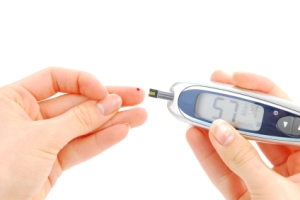 The SJGC High School Multimedia Workshop held from July 8-12, was a one-week, intensive, hands-on training designed to familiarize high school students with multimedia reporting. While in previous years the best and brightest students from high schools in Florida, Georgia and surrounding states were selected to participate in this in-resident, tuition-free, week-long training taught by veteran journalists and faculty, this year, Florida A&M University closely worked with students from the FAMU Developmental Research Studies High School, as well as Godby High School, Tallahassee. Students – who were either juniors or seniors – were introduced to reporting for print, broadcast and the Internet through hands-on training using the state-of-the-art facilities at the School of Journalism & Graphic Communication.
The SJGC High School Multimedia Workshop held from July 8-12, was a one-week, intensive, hands-on training designed to familiarize high school students with multimedia reporting. While in previous years the best and brightest students from high schools in Florida, Georgia and surrounding states were selected to participate in this in-resident, tuition-free, week-long training taught by veteran journalists and faculty, this year, Florida A&M University closely worked with students from the FAMU Developmental Research Studies High School, as well as Godby High School, Tallahassee. Students – who were either juniors or seniors – were introduced to reporting for print, broadcast and the Internet through hands-on training using the state-of-the-art facilities at the School of Journalism & Graphic Communication.
This year’s theme is “Preventing Diabetes: Family, Food, and Fitness.” Student news reporters were charged with researching, interviewing, writing, editing, photographing and critically thinking about diabetes and how one can prevent and/or manage the disease via family relationships, healthy diets, and consistent exercise. The student news team also received training and insight from professionals such as Tallahassee Democrat multimedia reporter Jordan Culver, veteran broadcast journalist Michael W. Douglas, photographer A. Rodney Roberts and health educator Dr. Melvena Wilson. Their stories are available here.
The annual workshop is provided by the School of Journalism & Graphic Communication at Florida A&M University and through a grant from the Dow Jones Newspaper Fund.
Special thank you to SJGC faculty and staff who selflessly offered their time, space and energy to this year’s workshop. We appreciate your service and commitment to the field of journalism and the progression of our neighboring high school students.
For more information or to contact FAMU’s SJGC visit http://sjgc.famu.edu.













